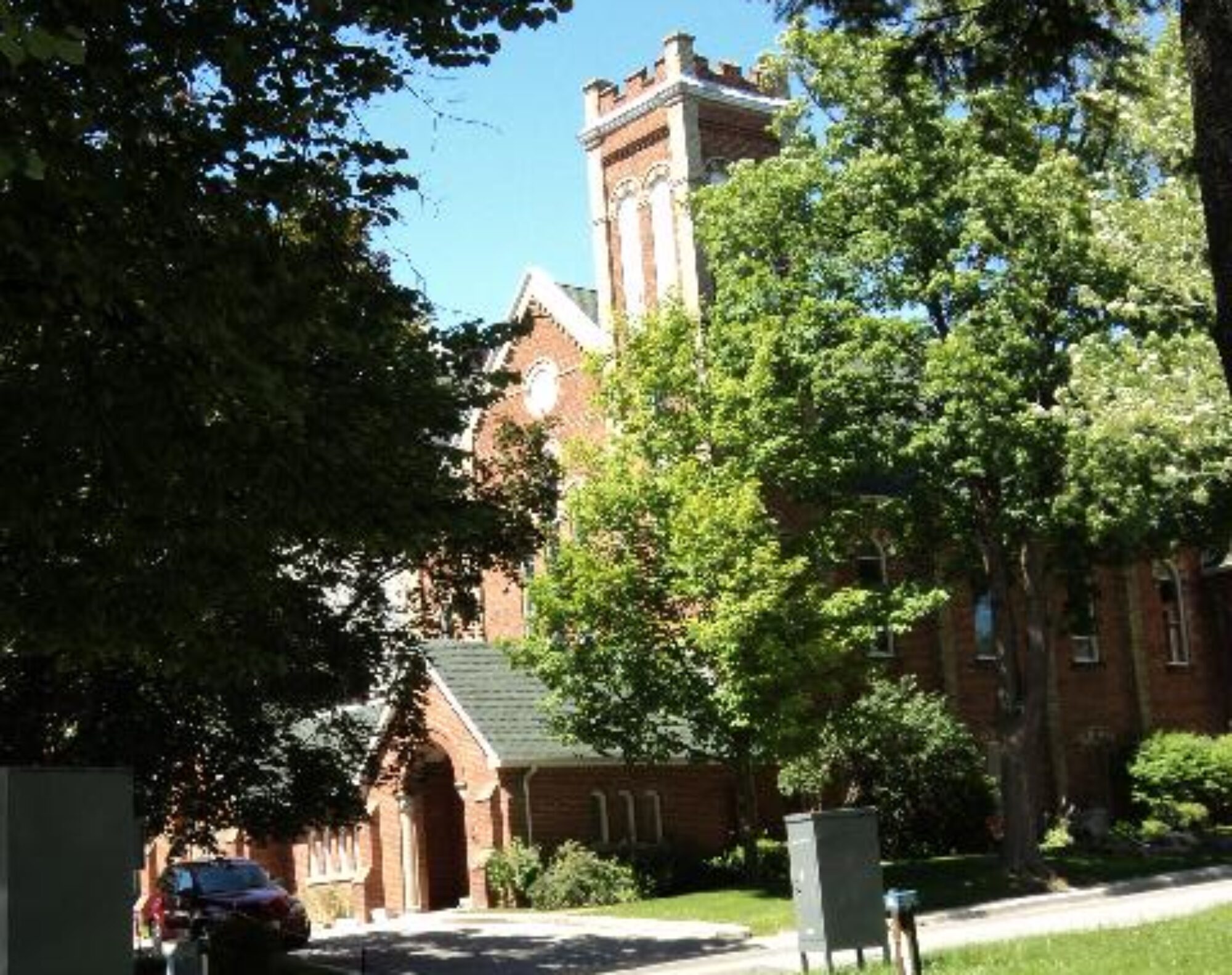“When Peter saw this, he said to them: “Men of Israel, why does this surprise you? Why do you stare at us as if by our own power or godliness we had made this man walk? The God of Abraham, Isaac, and Jacob, the God of our fathers, has glorified His servant Jesus. You handed Him over to be killed, and you disowned Him before Pilate, though he had decided to let Him go. You disowned the Holy and Righteous One and asked that a murderer be released to you. You killed the author of life, but God raised Him from the dead. We are witnesses of this.””
Acts 3:12-15
The Scriptures so often ask us the key questions which force us to examine our own walk with the living God. Such is the case here in the third chapter of the Book of Acts. In verse 12 we are asked these key questions about our response the healing of the crippled man at the beautiful gate at the Temple in Jerusalem. “Why does this surprise you?” “Why do you stare at us as if by our own power or godliness we had made this man walk?” These are the two key issues we face when it comes to the sign miracles and their significance. We are astounded that a miracle can even take place. Then when we accept that the miracle has happened we look for a human source for it. It is hard for us to accept that God is personally active and intervening in His creation. I want to take a closer look at what Luke tells us here.
- We must ask ourselves about why we are surprised by the sign miracles. The Scripture teaches that God’s nature is to be a being who reveals Himself to His creation. Why should this surprise us because we have the testimony of the Word of God that He would in fact do this? The Scriptures clearly defined what the Messiah would do when He came to us. The issue we are facing here is one of faith. Do we believe God when He speaks to us revealing His purposes in grace to us? Mary was told by the Angel Gabriel that “Nothing was impossible with God.” She accepted that with faith. Do we?
- This sign miracle was done in the Name of the LORD Jesus Christ. In fact Luke tells us that God did it in the Name of Jesus in order to Glorify Him. As Luke focuses our attention here he calls our attention to God as One who reveals Himself. He is “The God of Abraham, Isaac, and Jacob, the God of our fathers.” These texts draw our attention to a wonderful passage in the Book of Exodus chapter three and verse six. “Then He said, “I am the God of your father, the God of Abraham, the God of Isaac, and the God of Jacob.” There, in the burning bush event God reveals Himself to Moses and speaks His Name “I AM.” For Peter what the LORD Jesus Christ has done in this crippled man is to reveal Himself as the one who intervenes by the power of His Name.
- Luke also tells us here that God has glorified His Servant Jesus. In Isaiah 53:5 we discover this nugget of truth. “But He was pierced for our transgressions, He was crushed for our iniquities; the punishment that brought us peace was upon Him, and by His wounds we are healed.” Why then should is surprise us that He would heal a crippled man? Why should we attribute that healing to a human source? The only explanation here is that God is at work through His Holy Servant the LORD Jesus Christ.
- This leads us to our response to Him. Do we believe that Jesus Christ is God’s Messiah who has come to set us free from sin? The people that Peter preached to had rejected Him, and their rejection of Him had led to His cross. God on the other hand had accepted His offering for sin, demonstrating it by raising Him from the dead. What they were called to do was to repent and believe the Gospel. This is God’s call upon us today as well. We must turn from our unbelieving rejection of Him so that we believe God when He tells us that salvation is found in no one else. The question is will you believe in Him?
